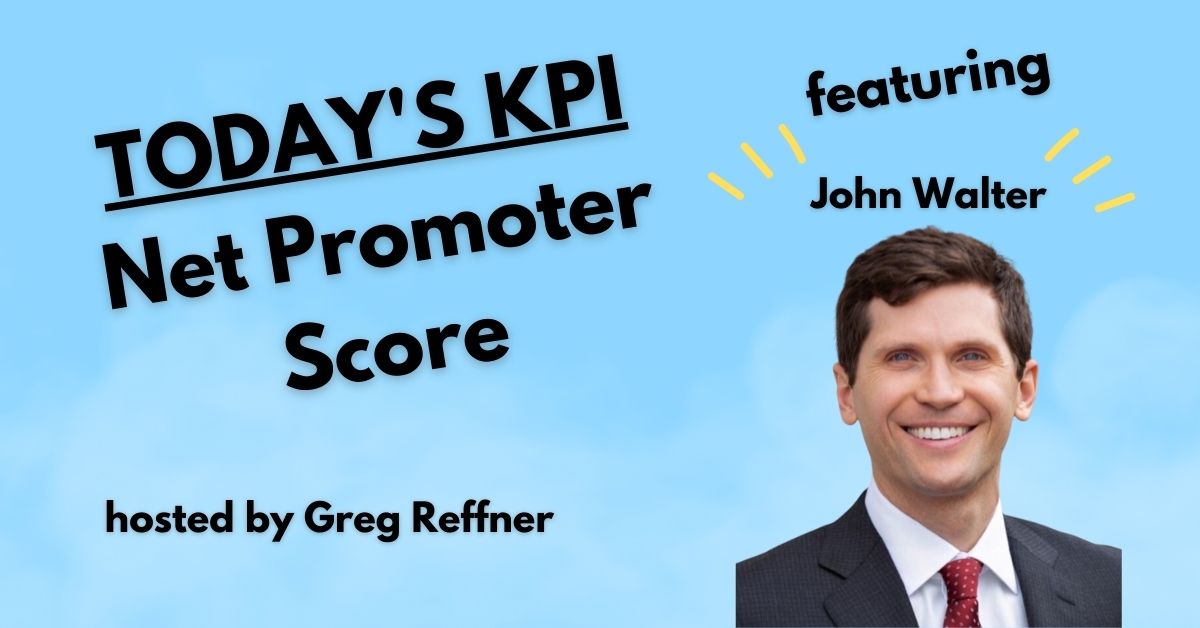One of the most important parts of a successful contact center is the leadership team. Training and coaching your contact center supervisors are just as important as the agents.
Experts are constantly listing ways to help agents improve their performance, but supervisors are often forgotten about when it comes to creating a successful team.
Education is continuous, it never stops regardless of what position you hold. But that’s more than just reading books or taking “courses” online.
It’s real-life education and training that takes place every day.
Building call center management training
The first question you need to ask yourself:
Do you have the time to build this in-house? Or would it be better to purchase a training solution?
If you’re looking to purchase a solution, here are some great places to start.
1. ICMI Contact Center Management Boot Camp
A 2-day virtual boot camp led by a live ICMI certified instructor. This course covers high-level management best practices, how to achieve given KPIs, and master customer loyalty.
2. Udemy: Call/Contact Center Management, The Essential Guide
Udemy has mastered the online training world and its call center management training follows its reputation. Videos, assignments, leadership training – you name it. This is a great starting point for new managers as well.
3. COPC: Call Center Consulting Training
This training is more of an investment than the other options. It’s not the best choice if you’re budget-conscious. COPC offers in-depth training for your entire team. If you’re looking to revamp training for both managers and agents, this might be worth the investment.
Looking to start slow and keep things in-house?
Here are some things you can do immediately to start building your call center management training structure.
Weekly Leadership Meetings
For contact center supervisors, it’s important they understand how their team aligns with the company goals. By participating in these discussions, they can make informed decisions that align with the company’s vision.
If you’re only giving them insights into part of the equation, there could be misalignment in the overall goals of the company. This can affect employee retention rate and overall employee happiness.
These meetings also serve as a forum for sharing critical information about upcoming projects or changes within the company. It gives supervisors a voice to express concerns or questions prior to a rollout to the entire company.
Leadership Theory Training
This type of training provides contact center supervisors with a solid foundation of knowledge and understanding of different leadership styles, models, and principles.
It equips them with the tools and frameworks to effectively lead and inspire their teams, fostering a positive and productive work environment.
Plus through this training, leaders can learn effective strategies for communicating with their teams, motivating employees to perform at their best, making informed decisions that align with organizational goals, and resolving conflicts in a fair and constructive manner.
What most leaders miss when training supervisors
When it comes to training and coaching contact center supervisors, we often see three critical things being missed.
- Training and development on emotional intelligence and empathy. Contact center supervisors play a pivotal role in managing customer interactions and resolving issues effectively. However, without proper training in emotional intelligence, supervisors may struggle to understand and address the emotions and concerns of both customers and their agents.
- Teaching effective coaching techniques. Every company discusses coaching and how you should lead those sessions, but most don’t dive into how coaching can be different per individual agent. Comprehensive training in coaching and feedback equips supervisors with the skills to provide timely, specific, and actionable feedback, as well as the ability to coach their team members to achieve their full potential.
- Learning how to handle stressful situations. Without proper training in stress management techniques, supervisors may experience burnout and become less effective in their roles. This includes company politics, customer churn, and even having a work-life balance.
Contact center supervisors need to see the bigger picture, but also remember that their agents are people too.
When training and coaching their team, their focus should remain on these items:
- Create and communicate the coaching system that they were trained on. This includes setting expectations, procedures, and methods.
- Communication will always be a priority. Set an open line of communication from agents to supervisors.
- Provide visibility into performance. Metrics shouldn’t be hidden and only be seen once a month when evaluated. They should be easily accessed so agents can make small improvements each day.
- Measure coaching effectiveness. Are agents improving or not after coaching sessions?
How can Abstrakt help improve call center management effectiveness
Abstrakt is a real-time call guidance software that helps improve not only agent efficiency but also contact center supervisors’ effectiveness.
With time being essential for any contact center employee, why not automate the monotonous tasks and allow supervisors to get right to the coaching and training of their agents?
With Abstrakt, contact center supervisors can get notified of any calls that fall out of compliance in real-time.
Plus their agents can receive live, real-time coaching for objections and questions that come up over the course of a call.
We’ve helped companies like Johnson & Johnson achieve a 38% decrease in call handle time since using Abstrakt.
With all of the dashboards and metrics out there, bad data can actually do more harm than no data.
With Abstrakt, you get a clear and concise roll-up of the metrics that contact center supervisors truly need to help improve their agents’ performance as well as increase overall customer satisfaction


